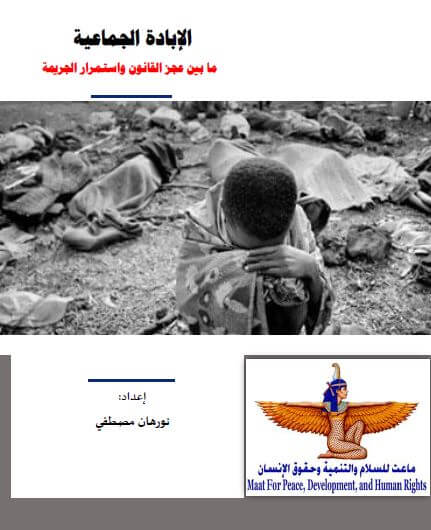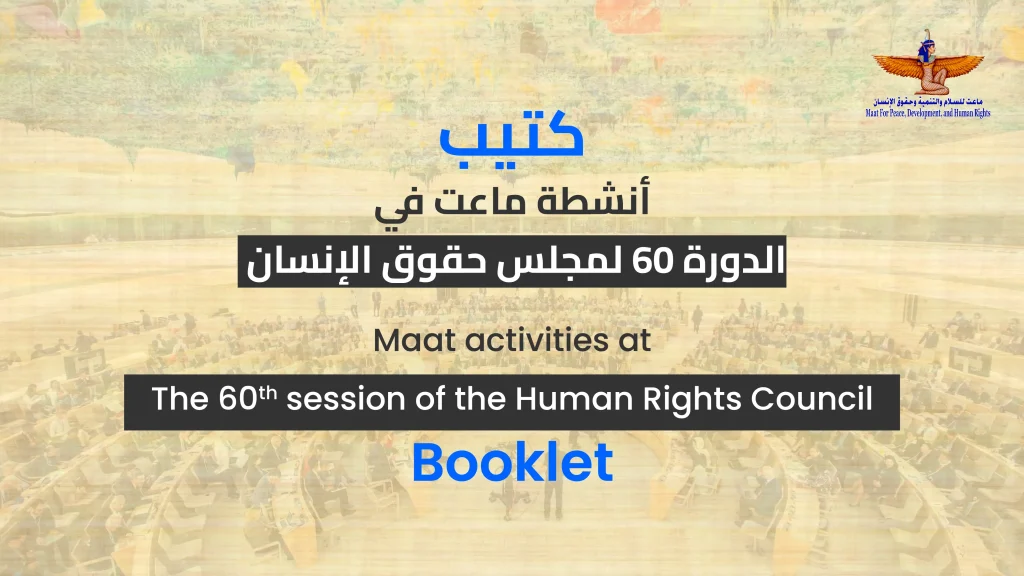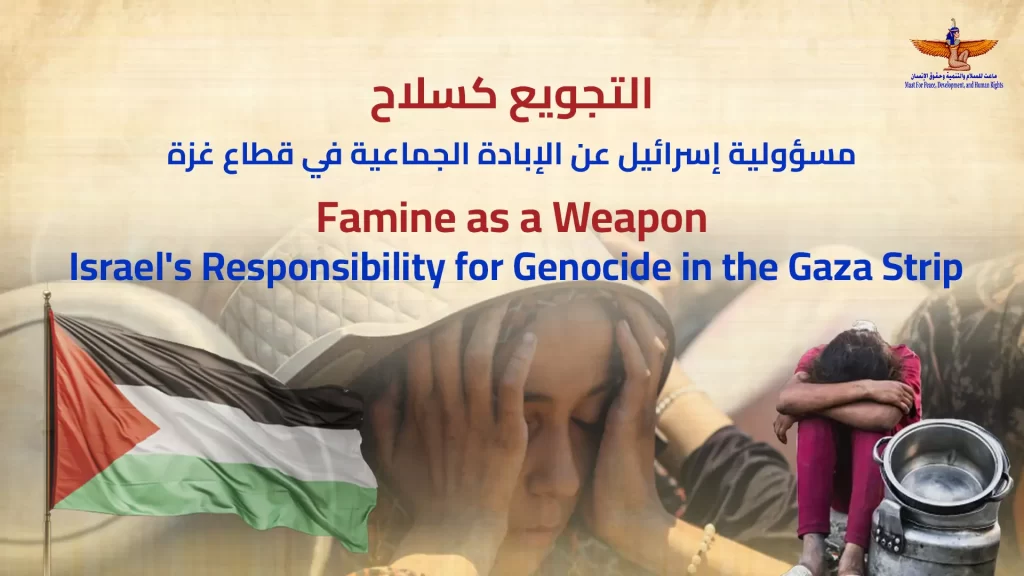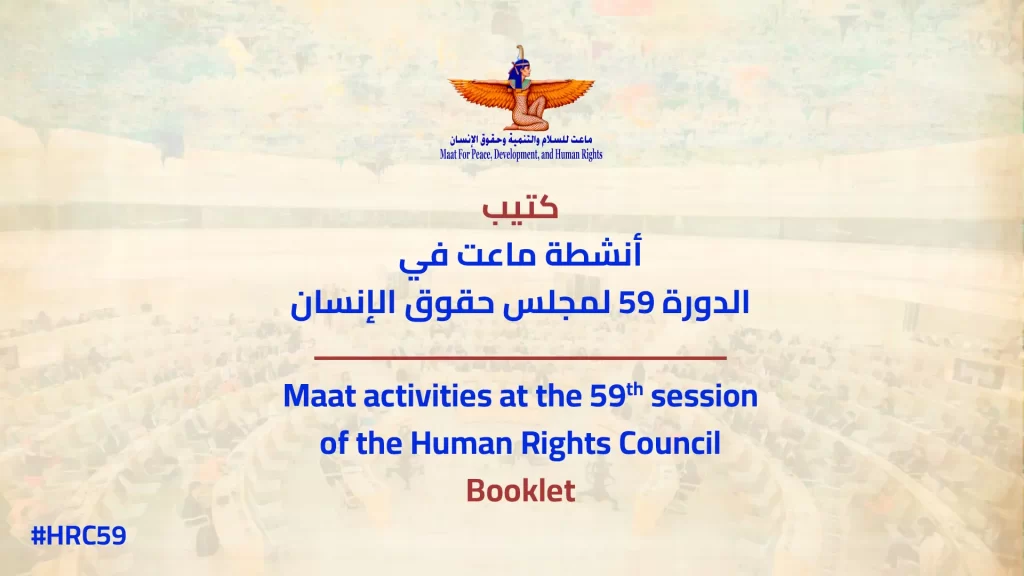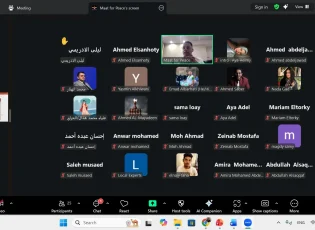Aqeel: The crime of genocide threatens the peace and security process in the international community
Nourhan Mustafa: There is international failure to confront or prevent the crime of genocide
On the International Day of Remembrance of the Victims of Genocide and Preventing this Crime, the Maat Foundation for Peace, Development and Human Rights issued, on Monday, December 9, 2019, a report entitled “The crime of genocide ... between the impotence of law and the continuation of the crime.” The report confirmed that the crime of genocide is one of the most serious crimes. In the right of humanity and that it actually threatens international peace and security.
The report sheds light on the large numbers of genocide, especially what happened in Serbia in 1993, in which more than 100,000 people were killed, and in Rwanda in 1994, in which more than 800,000 people were systematically killed, and the report also focused on the situation in the Democratic Republic of the Congo. Where there were some tribal massacres and horrific attacks on women and children that took place in regions in the west of the country in December 2018, which amount to crimes against humanity. These tensions occurred between the Banunu and Patinde tribes, and resulted in the deaths of 890 people and the displacement of thousands as a result of the clashes.
Ayman Aqil, head of the Maat Foundation, said that the increase in internal conflicts and the spread of hate speech against different races, religions and races threaten the peace and security process in the international community, and Aqeel emphasized that the crime of genocide is one of the most heinous crimes against humanity and the best witness to this is the genocide that took place in the Democratic Republic of the Congo. And what happened to the Yazidis in Iraq at the hands of the terrorist organization ISIS, including killings, kidnappings, trafficking in persons, rape, sexual slavery and the destruction of cultural heritage. All this because the victims belonged to different religious groups.
Nourhan Mustafa, a researcher specializing in international humanitarian law at the Maat Foundation, emphasized that there is a deep gap between theory and practice. Despite the large number of cases of genocide, there is a clear failure to confront or prevent this crime. Committed to justice.
shortlink: https://maatpeace.org/en/?p=26082


